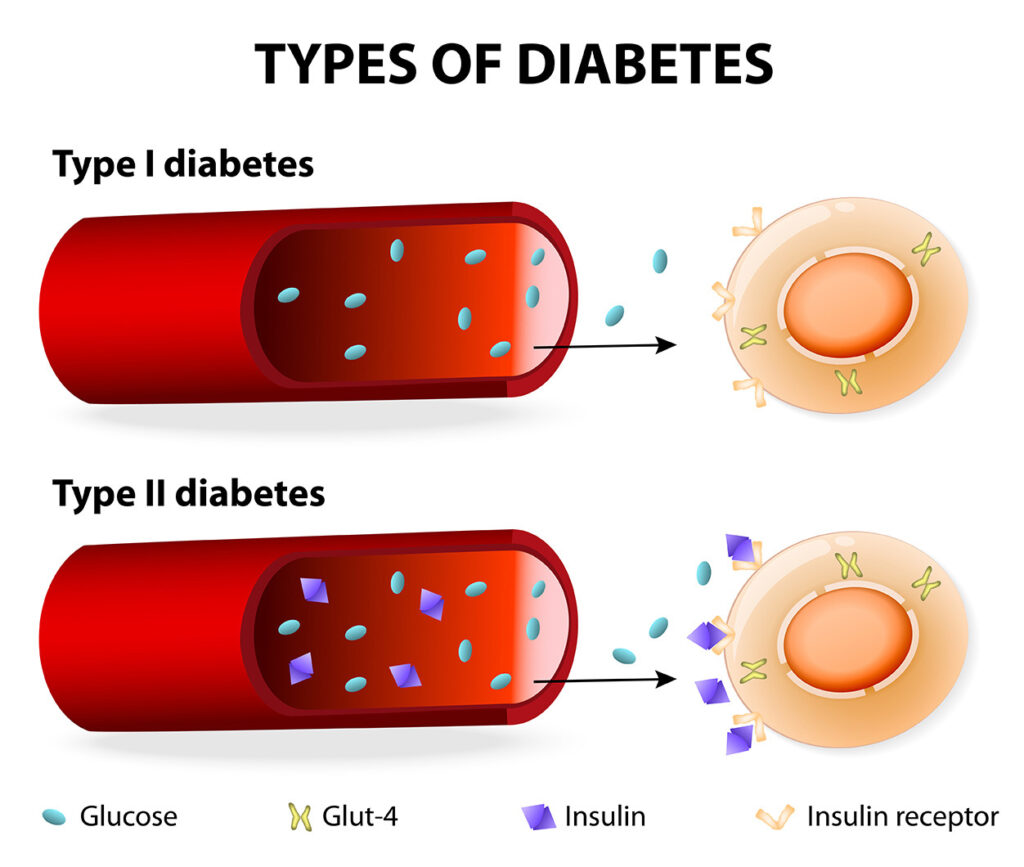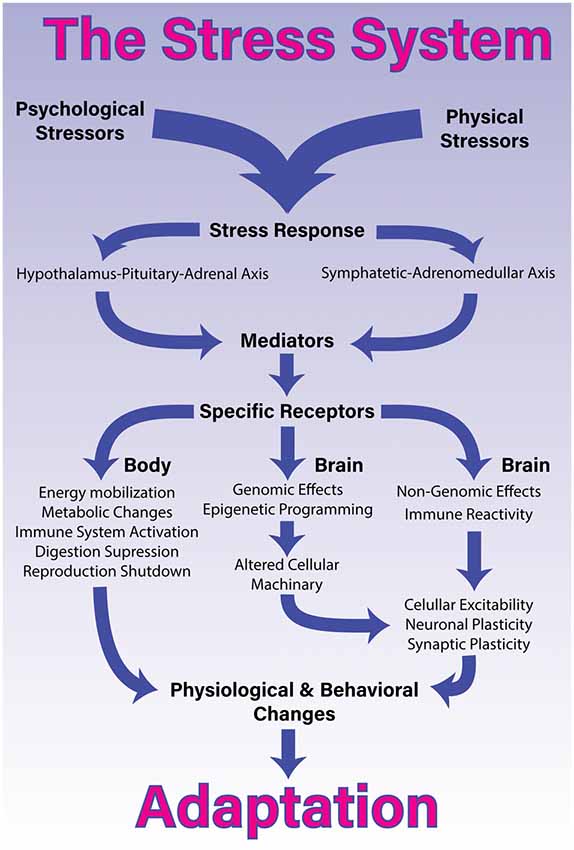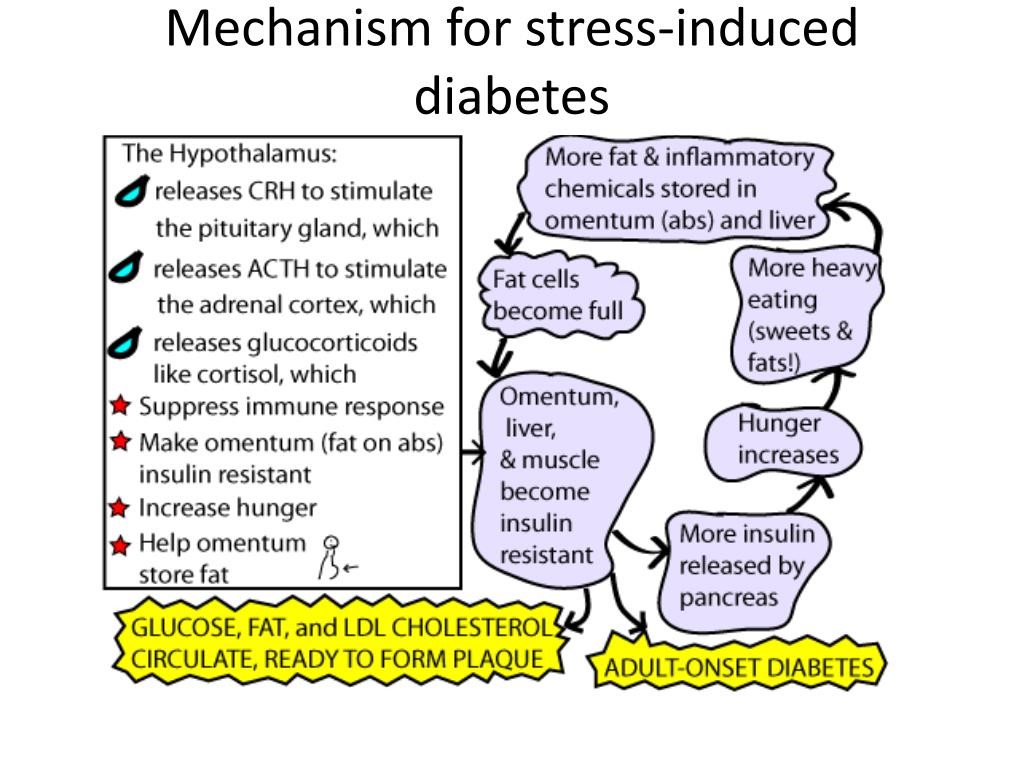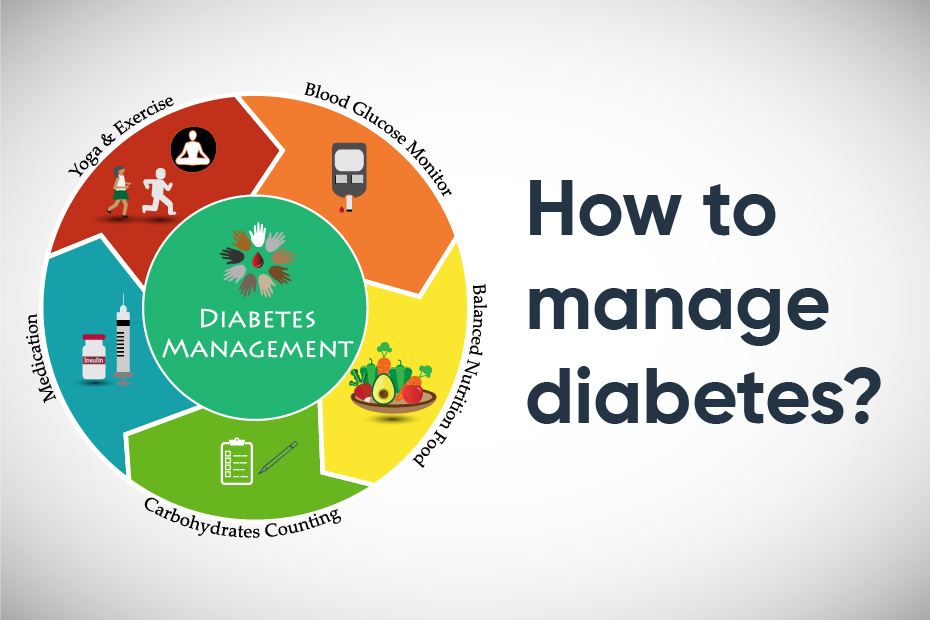7 The Stress-Diabetes Dilemma: Decoding the Hidden Culprit Behind Rising Blood Sugar
August 19, 2023 | by drsushilarathod

As an Amazon Associate I earn from qualifying purchases.
Discover the shocking link between stress and rising blood sugar levels in our revealing blog post. Dive into the Stress-Diabetes Dilemma today!
Introduction
Living in a fast-paced, modern world has brought about numerous challenges to our overall well-being. One particular concern that has gained significant attention is the relationship between stress and diabetes. As stress levels continue to rise, so does the prevalence of diabetes worldwide. Discover the shocking link between stress and rising blood sugar levels in our revealing blog post. Dive into the Stress-Diabetes Dilemma today! In this article, we will delve into the intricacies of this stress-diabetes connection, exploring the physiological mechanisms behind it, and offering strategies to manage stress for better diabetes control.
Table of content
1 Understanding the Relationship Between Stress and Diabetes
2 The Basics of Diabetes
3 The Role of Stress in Blood Sugar Spike
4 Unraveling the Stress Response Mechanism
5 Chronic Stress and Insulin Resistance
6 Stress Management Strategies for Diabetes Control
7 Treatment Approaches: Addressing Stress and Diabetes Together
8 The Vicious Cycle: Stress, Emotional Eating, and Blood Sugar
9 Stress-Induced Diabetes: Who Is at Higher Risk?
10 Breaking the Stigma: Mental Health and Diabetes
11 Recognizing Signs of Stress-Induced Blood Sugar Spikes
12 Breaking the Stigma: Mental Health and Diabetes
I. Understanding the Relationship Between Stress and Diabetes
As stress becomes an inseparable part of our daily lives, it is crucial to comprehend its impact on our health, particularly its correlation with diabetes. This chronic condition affects millions worldwide and poses significant risks to long-term health. By unraveling the hidden connection between stress and diabetes, we can better navigate this complex dilemma.
II. The Basics of Diabetes
To comprehend the stress-diabetes connection, it is essential to familiarize ourselves with the fundamentals of diabetes and its impact on our overall health. Diabetes is a metabolic disorder characterized by elevated blood sugar levels, which can have detrimental effects on various organs and systems within the body. It is primarily classified into two types: Type 1 and Type 2 diabetes.

III. The Role of Stress in Blood Sugar Spike
Numerous studies have highlighted the direct link between stress and elevated blood sugar levels. When stress arises, the body releases hormones, such as cortisol and adrenaline, triggering a cascade of physiological responses that can lead to an increase in glucose levels. Consequently, chronic stress can have longstanding implications on an individual’s overall health.

IV. Unraveling the Stress Response Mechanism

To better understand the stress-diabetes connection, it is crucial to delve into the body’s physiological response to stress. The hypothalamus-pituitary-adrenal (HPA) axis plays a pivotal role in coordinating the stress response. Cortisol, commonly referred to as the “stress hormone,” is released during times of stress and can directly impact blood sugar levels.
V. Chronic Stress and Insulin Resistance
One of the key aspects linking stress and diabetes is insulin resistance dilema . Chronic stress can disrupt the delicate balance of insulin production and utilization within the body. This ultimately leads to insulin resistance, where cells become less responsive to insulin, resulting in elevated blood sugar levels.
VI. Stress Management Strategies for Diabetes Control
To mitigate the adverse impact of stress on blood sugar levels, implementing stress management strategies becomes imperative. Lifestyle modifications aimed at reducing stress levels, incorporating physical activity and relaxation techniques, adopting a balanced diet, and prioritizing adequate sleep are paramount for achieving optimal stress management and diabetes control.
VII. Treatment Approaches: Addressing Stress and Diabetes Together

When managing diabetes, it is crucial to address both stress and diabetes simultaneously. Behavioral therapies, counseling sessions, and support groups can aid in stress reduction and provide individuals with the necessary tools to manage their condition effectively. Additionally, pharmacological interventions aimed at targeting both stress and diabetes can be explored.
VIII. The Vicious Cycle: Stress, Emotional Eating, and Blood Sugar
Stress often leads to emotional eating, where individuals turn to food as a coping mechanism. Unfortunately, stress-induced food choices are typically unhealthy and can trigger blood sugar spikes. Breaking this cycle requires a comprehensive approach that focuses on establishing healthier habits and employing alternative coping strategies.
IX. Recognizing Signs of Stress-Induced Blood Sugar Spikes
It is crucial for individuals with diabetes to be aware of the signs and symptoms of elevated blood sugar levels. Recognizing stress as a potential trigger for changes in glucose levels is essential for timely intervention and better diabetes management. Regular monitoring and self-awareness play a crucial role in achieving this.
X. Stress and Blood Sugar: Exploring the Scientific Evidence
Numerous studies and research have provided robust evidence linking stress to elevated blood sugar levels. Statistical data highlights the prevalence of stress-related diabetes, shedding light on its implications for public health and healthcare policies. These findings emphasize the need for research and awareness to address the stress-diabetes connection effectively.
XI. Stress-Induced Diabetes: Who Is at Higher Risk?
Certain populations may be more vulnerable to stress-related diabetes than others. Factors such as socioeconomic status, gender, and age can influence an individual’s susceptibility to the stress-diabetes connection. Understanding these disparities is crucial for providing tailored interventions and support to those at higher risk.
XII. Breaking the Stigma: Mental Health and Diabetes

Living with diabetes can have profound effects on an individual’s mental health. The burdens of managing a chronic illness can lead to emotional distress and impact overall well-being. Addressing the emotional toll of diabetes and providing integrated care that incorporates mental health support is essential for maintaining optimal well-being.
XIII. The Role of Mindfulness in Stress Reduction and Diabetes Control

Practicing mindfulness offers numerous benefits for stress management, which can directly impact blood sugar levels. Mindfulness techniques, such as deep breathing exercises and meditation, can help regulate stress hormones, fostering better diabetes control. Incorporating mindfulness into daily diabetes self-care routines can make a significant difference.
XIV. Can Stress Management Alone Reverse Diabetes?
While stress management is crucial for better diabetes control, it is important to acknowledge its limitations. Stress reduction alone may not reverse diabetes, necessitating multifaceted approaches to treatment. Clinical trials and alternative therapies exploring the role of stress reduction in blood sugar control are ongoing, offering hope for future advancements in diabetes management.
XV. FAQs: Common Questions About Stress and Blood Sugar
- Does stress always lead to diabetes?
- Stress alone may not directly lead to diabetes, but it can significantly contribute to its development and exacerbate existing conditions.
- Can stress management alone prevent diabetes?
- Stress management strategies can reduce the risk of developing diabetes, particularly for individuals at high risk. However, additional preventive measures are typically recommended.
- Are there medications specifically targeting stress-induced diabetes?
- Currently, there are no specific medications targeting stress-induced diabetes. However, medications used to manage diabetes can indirectly help mitigate stress-related complications.
- How long does it take for stress reduction techniques to show effects on blood sugar?
- The timeline for the effects of stress reduction techniques on blood sugar levels varies from individual to individual. Regular practice of stress management techniques is key to achieving long-term benefits.
XVI. Conclusion
In conclusion, the stress-diabetes dilemma poses a significant challenge to individuals worldwide. Understanding the interplay between stress and diabetes is crucial for effective blood sugar control. By implementing stress management strategies, addressing mental health, and fostering mindfulness, individuals can navigate this web of complexities, leading to healthier and more fulfilling lives. Continued research, awareness, and collaboration between healthcare providers and individuals are essential in advancing our understanding of the stress-diabetes connection and improving the overall well-being of those affected.
Amazon and the Amazon logo are trademarks of Amazon.com, Inc, or its affiliates.
RELATED POSTS
View all


